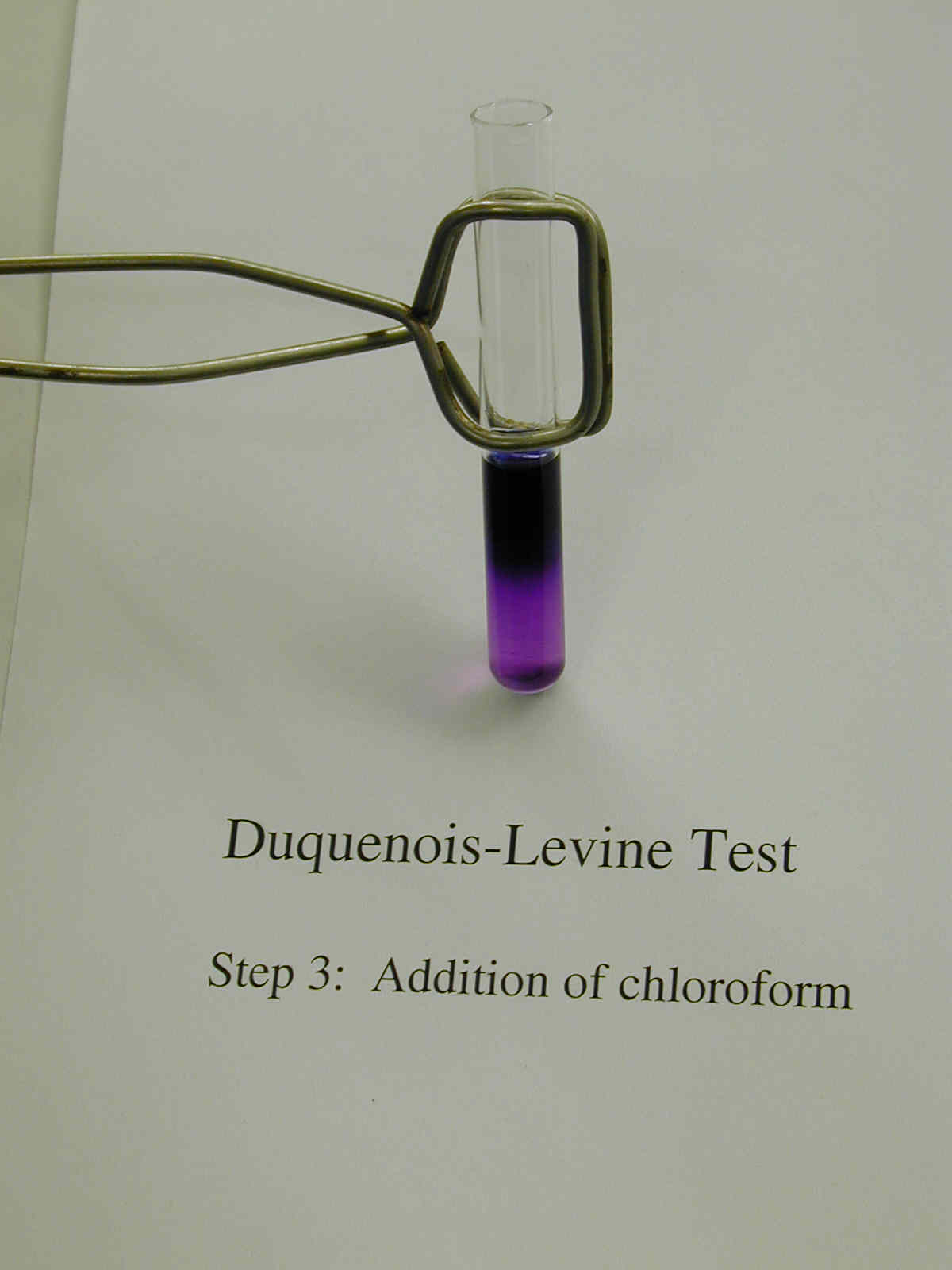Throughout history rape has been recognized as a
crime, although criminal codes – and the very definition of rape – have varied
from culture to culture and from one era to another. Whether rape victims get justice has always
depended upon where (and when) they lived. In the modern-day United States we like to
think we are relatively enlightened in this regard. We have the advantage of heightened
educational and legislative efforts over the past forty years, driven largely
by the feminist and human rights movements. Groundbreaking books such as Susan
Brownmiller’s classic 1975 work, Against
Our Will: Men, Women and Rape, explored the dynamics of rape. Contrary to the subtitle, Brownmiller’s book
tackled not just male-on-female rape, but also homosexual rape (particularly in
prisons) and the sexual assault of children. The net result of four decades of education is
that attitudes and laws are more protective of the victims than they used to
be, at least in the U.S. and many other First World countries.
.jpg)




